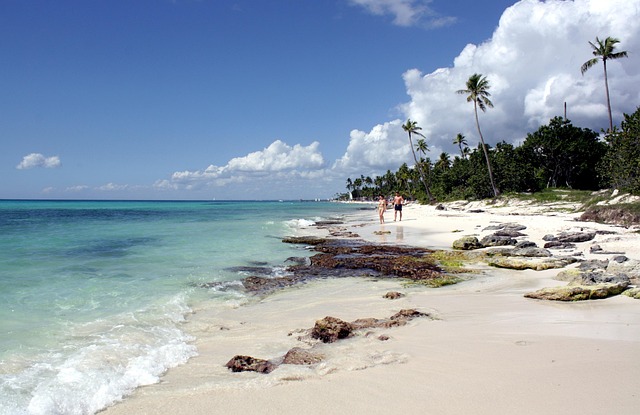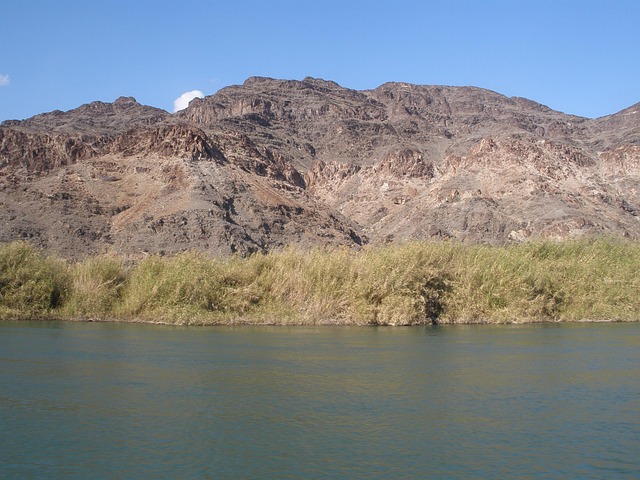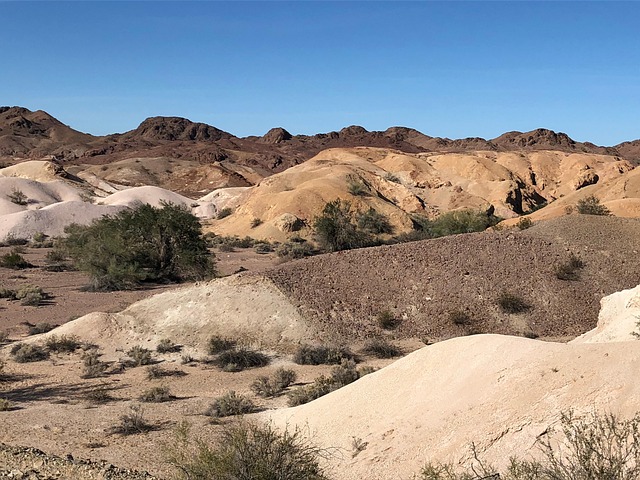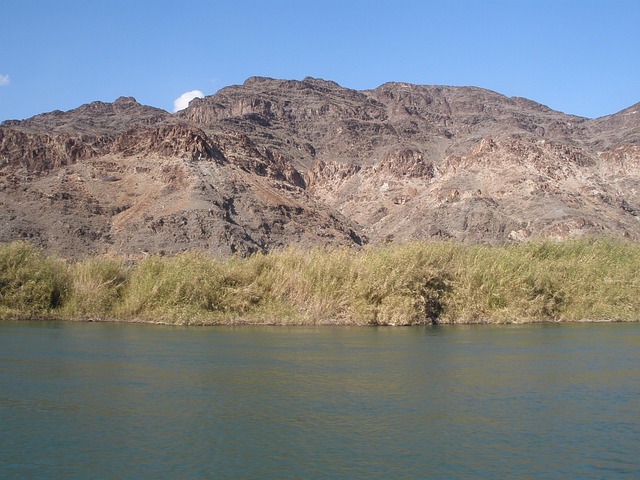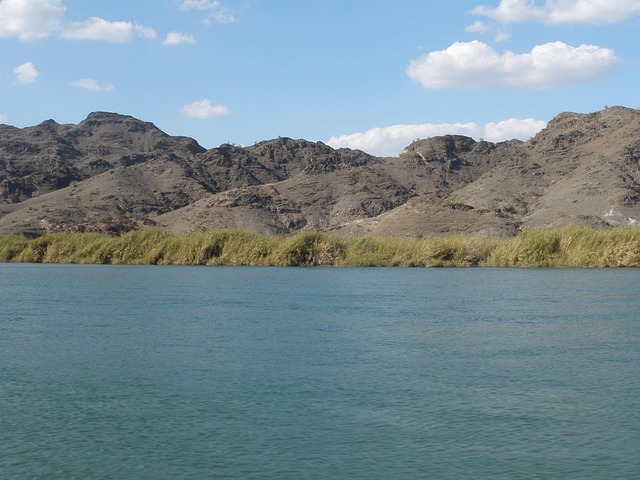Desert landscapes are transforming into vibrant cultural hubs, attracting locals and tourists alike through immersive events integrating art, history, and tradition. Real estate developers can capitalize on this trend by designing residential spaces that complement natural and cultural offerings, appealing to investors seeking unique lifestyles. Successful event planning in desert climates involves strategic venue selection, sustainable design features, and local vendors specializing in climate-adapted solutions. These events significantly stimulate local economies and property markets, driving business growth, increasing property values, and fostering community engagement throughout the year.
Discover the captivating intersection of vibrant cultural events and desert climates through this insightful article. Explore how unique real estate experiences thrive in these environments, from the planning intricacies to their profound economic impacts. Learn how desert-based cultural gatherings attract visitors, stimulate local economies, and shape property markets. Uncover why these events are not just celebrations but powerful catalysts for growth in the real estate sector.
The Allure of Desert Cultural Events: A Unique Real Estate Experience
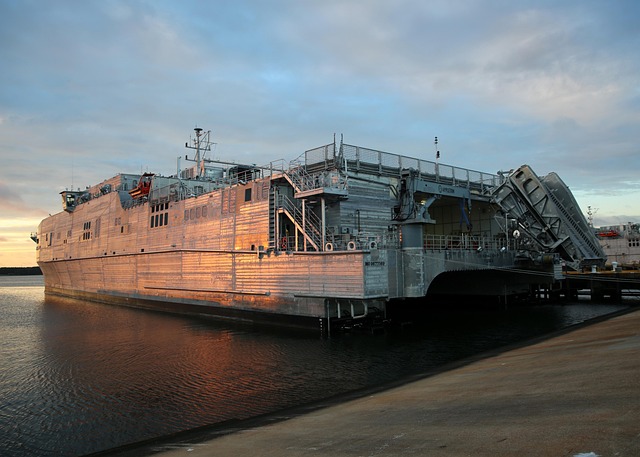
The desert, with its vast expanses and unique beauty, offers a captivating setting for cultural events that attract both locals and visitors alike. These gatherings are more than just performances; they become immersive experiences that blend art, history, and local traditions. For real estate enthusiasts and investors, this presents an intriguing opportunity to explore the intersection of culture and property. The allure lies in transforming these desert landscapes into vibrant hubs, where events can drive community engagement and potentially boost local economies.
Imagine a historic desert town hosting a monthly cultural festival, featuring traditional music, crafts, and cuisine. Such events not only showcase the region’s heritage but also inspire visitors to invest in nearby properties, attracted by the promise of year-round cultural enrichment and a unique lifestyle. Real estate developers can play a pivotal role in this transformation, creating residential spaces that complement and enhance the natural and cultural offerings of these desert destinations.
Planning and Preparing for Events in a Desert Climate
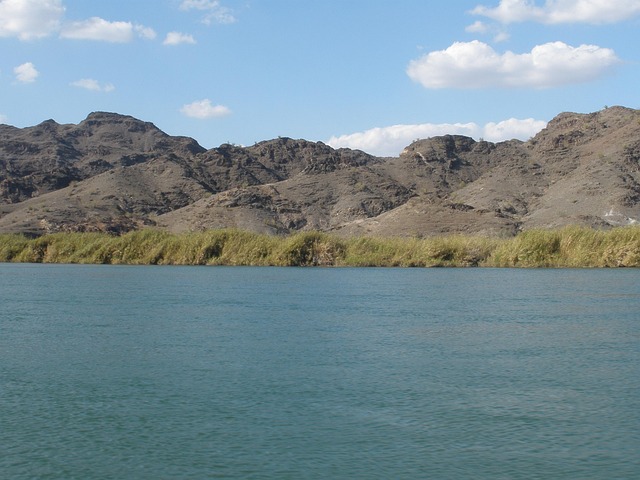
Planning events in a desert climate requires careful consideration due to unique challenges posed by the environment, such as extreme heat and dry conditions. Successful event organizers in these regions must first choose venues that offer adequate shade and water access, ensuring guest comfort throughout the duration of the festivities. Many real estate properties in desert areas are designed with sustainability in mind, incorporating features like large outdoor patios, swimming pools, and expansive landscapes to provide relief from the heat.
To prepare for vibrant cultural events, organizers should invest time in securing reliable local vendors who understand the climate’s demands and can offer creative solutions. This includes arranging for ample cooling systems, misting stations, and refreshing beverages. Additionally, scheduling events during cooler evening hours or utilizing covered spaces with controlled climates ensures a more enjoyable experience for all attendees. These preparations not only enhance guest satisfaction but also contribute to the overall success of cultural gatherings in desert settings.
How These Events Drive Local Economies and Property Markets
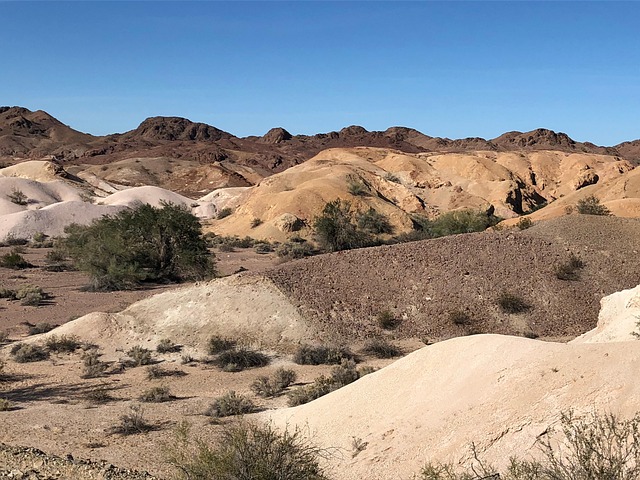
Vibrant cultural events play a pivotal role in driving local economies and property markets, especially in regions with desert climates. These events attract visitors from far and wide, who bring spending power that benefits various sectors, from hospitality to retail. As these gatherings become annual fixtures on the calendar, they create a sense of anticipation and excitement that not only boosts local businesses but also increases property values. Real Estate professionals often see a surge in demand for accommodations and nearby properties during event periods, leading to higher rents and sales prices.
Moreover, cultural events can transform the perception of a location, making it more desirable for both residents and investors. This newfound appeal translates into increased foot traffic, improved infrastructure, and enhanced community engagement. As a result, cities and towns hosting these events often experience economic booms, with local businesses expanding and new ventures emerging to cater to the growing population and tourism influx. The positive impact extends beyond the event itself, leaving a lasting legacy that continues to drive real estate markets and local economies year-round.

